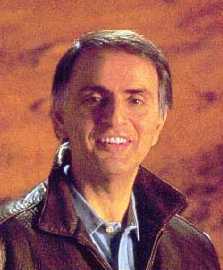
"If we lived on a planet where nothing ever changed, there would be little to do. There would be nothing to figure out. There would be no impetus for science. And if we lived in an unpredictable world, where things changed in random or very complex ways, we would not be able to figure things out. But we live in an in-between universe, where things change, but according to patterns, rules, or as we call them, laws of nature. If I throw a stick up in the air, it always falls down. If the sun sets in the west, it always rises again the next morning in the east. And so it becomes possible to figure things out. We can do science, and with it we can improve our lives." - Carl Sagan, Cosmos, p. 46
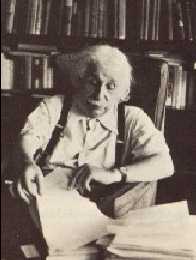
"What hopes and fears does this scientific method imply for mankind? I do not think that this is the right way to put the question. Whatever this tool in the hand of man will produce depends entirely on the nature of the goals alive in this mankind. Once these goals exist, scientific method furnishes means to realize them. Yet it cannot furnish the very goals. The scientific method itself would not have led anywhere, it would not even have been born without a passionate striving for clear understanding." - Albert Einstein, Out of My Later Years
"In recent years the power of Science has received such popular recognition, that the adjective scientific attached to merchandise or statement is known to give to such merchandise or to a statement prestige having definite advertising value. As a consequence the words Science and scientific are frequently abused by those who find it profitable to borrow reputation instead of earning it." - Boris Podolsky (collaborator of Einstein), "What is science?," The Physics Teacher 3, 71-73 (1965)
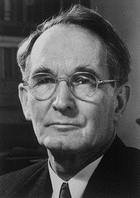
"It seems to me that there is a good deal of ballyhoo about scientific method. I venture to think that the people who talk most about it are the people who do least about it. Scientific method is what working scientists do, not what other people or even they themselves may say about it.... Scientific method is something talked about by people standing on the outside and wondering how the scientist manages to do it. These people have been able to uncover various generalities applicable to at least most of what the scientist does, but it seems to me that these generalities are not very profound, and could have been anticipated by anyone who knows enough about scientists to know what is their primary objective.... In short, science is what scientists do, and there are as many scientific methods as there are individual scientists."
P.W.Bridgman (Nobel Prize in Physics 1946), On Scientific Method,
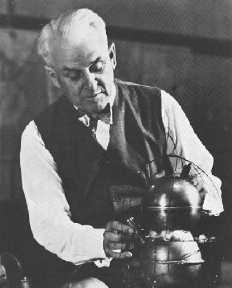
"Science walks forward on two feet, namely theory and experiment. Sometimes it is one foot which is put forward first, sometimes the other, but continuous progress is only made by the use of both - by theorizing and then testing, or by finding new relations in the process of experimenting and then bringing the theoretical foot up and pushing it beyond, and so on in unending alternation."
Robert Millikan (Nobel Prize in Physics 1946)
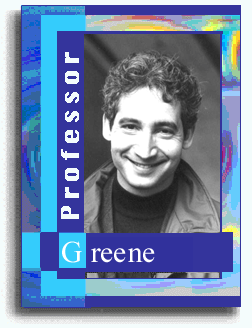
"Progress in science proceeds in fits and starts. Some periods are filled with great breakthroughs, in other times researchers experience dry spells. Scientists put forward results, both theoretical and experimental. The results are debated by the community, sometines they are discarded, sometimes they are modified, and sometimes they provide inspirational jumping-off points for new and more accurate ways of understanding the physical universe. In other words, science proceeds along a zig-zag path toward what we hope will be ultimate truth, a path that began with humanity's earliest attempts to fathom the cosmos and whose end we cannot predict." -Brian Greene, The Elegant Universe, p. 20
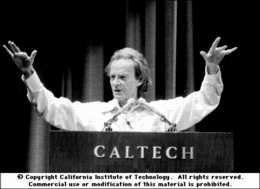
"During the Middle Ages there were all kinds of crazy ideas, such as that a piece of rhinoceros horn would increase potency. Then a method was discovered for separating the ideas - which was to try one to see if it worked, and if it didn't work, to eliminate it. This method became organized, of course, into science. (more)"
Richard Feynman (Nobel Prize in Physics, 1965), from the book "Surely You're Joking, Mr. Feynman!"
"The real question is not whether machines think but whether men do. Science is a long history of learning how not to fool ourselves." - Richard Feynman
"I can live with doubt and uncertainty. I think it's much more interesting to live not knowing than to have answers which might be wrong." - Richard P. Feynman.